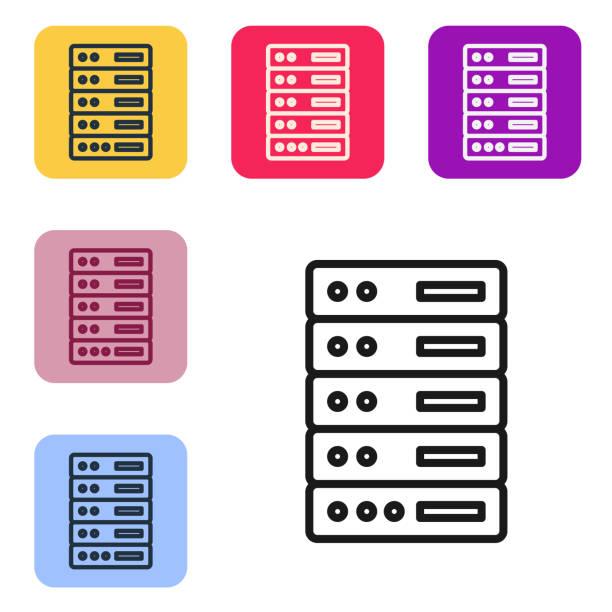水激石则鸣,人激志则宏。
官方微信

水激石则鸣,人激志则宏。
官方微信

· · ·
In the bustling heart of Seoul, where technology hubs pulse with innovation and global connectivity, "English for Korean Servers in Seoul" emerges as a vital bridge for IT professionals navigating an increasingly international landscape. This specialized English program isn't just about language acquisition; it's a transformative tool that empowers server administrators and tech experts to thrive in high-stakes environments, from managing cross-border data centers to collaborating with overseas teams. Through this article, I'll explore its core essence, the real-world challenges it addresses, personal stories that highlight its impact, and the undeniable advantages it offers, all while weaving in my own reflections on how it reshapes careers in unexpected ways. As someone who's seen the tech world evolve, I can't help but feel a deep admiration for how "English for Korean Servers in Seoul" turns everyday technical hurdles into opportunities for growth.


At its foundation, "English for Korean Servers in Seoul" tailors language learning to the specific needs of those handling server operations in Korea's tech epicenter. Imagine a typical day for a server engineer in Gangnam's high-rises, where systems must align with global standards amid rapid digital expansion. This program focuses on industry-specific vocabulary, such as troubleshooting network protocols or discussing cloud migrations, making it far more than generic English classes. I often think back to my own encounters with similar programs, where the frustration of miscommunications in international meetings felt overwhelming, yet programs like this one cut through that noise. By emphasizing practical scenarios— like negotiating with American vendors or documenting errors in English— it equips participants with the precision needed to excel. "English for Korean Servers in Seoul" doesn't stop at basics; it dives into nuanced expressions, like differentiating between "downtime" and "latency issues," ensuring users can articulate complex problems without losing meaning. This level of detail has always struck me as essential, especially in Seoul's competitive IT scene, where even a slight language barrier can derail projects worth millions.
What truly sets "English for Korean Servers in Seoul" apart is its ability to address the emotional and professional toll of language gaps in tech roles. Take, for instance, the story of Ji-hoon, a dedicated server manager I once met during a workshop in Yeouido. He spent years feeling isolated in team calls with Singaporean counterparts, his ideas lost in translation and his confidence waning with each misunderstood term. Through "English for Korean Servers in Seoul," Ji-hoon not only mastered phrases for system diagnostics but also gained the poise to lead discussions, turning what was once a source of anxiety into a strength. I find this aspect profoundly moving; it's not just about words on a page but about reclaiming one's voice in a global arena. The program incorporates interactive simulations, role-playing server outages with native speakers, and even cultural insights into Western business etiquette, all of which build a sense of empowerment. In my view, these elements foster a deeper connection, reminding participants that language is a gateway to personal fulfillment, not just a professional requirement. "English for Korean Servers in Seoul" appears repeatedly in such narratives, symbolizing a pathway to resilience amid Seoul's fast-paced tech demands.
Delving deeper, the program's structure reflects a thoughtful blend of theory and application, designed to mirror the realities of server management in Seoul's data centers. Sessions might cover technical writing, where engineers learn to draft reports on server migrations with clarity and accuracy, or conversational drills focused on real-time problem-solving, like explaining a firewall breach to a remote team. I've always appreciated how it integrates tools like specialized glossaries and online platforms, allowing learners to practice at their own pace amidst demanding schedules. For those in the field, this means tackling topics from cybersecurity protocols to API integrations, all framed in accessible English that avoids overwhelming jargon. Yet, it's the human touch that elevates it—group discussions where peers share experiences, creating a supportive
